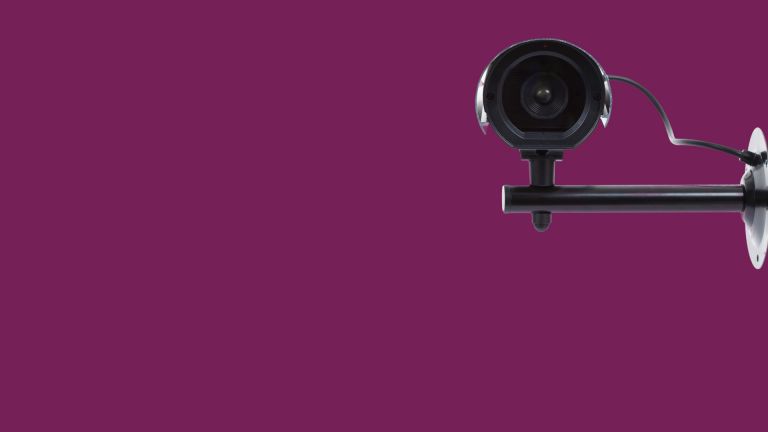
AI in the professions
AI is creating huge interest among Business and Professional firms as both users of and advisers on this increasingly popular technology.

Professional Services
Read related insights

AI is creating huge interest among Business and Professional firms as both users of and advisers on this increasingly popular technology.

James Morris, our Head of Business and Professional Services, touches on digital transformation, urges firms to embrace greater DE&I, and warns of cost pressures ahead.

Fraudsters are working as hard as you are. Our content can help you stay ahead of them.

The latest reports and industry insights for those working in legal, recruitment, consultancy and property advisory firms.
As well as a dedicated Relationship Director, you’ll also have access to a variety of products and solutions. Click on the areas below to find out more how Barclays can support you.
As the first UK bank to offer a dedicated BPO team, we’re focused on helping you contract out key business operations and responsibilities with complete confidence.
We can guide your business across all its BPO opportunities, helping you optimise cost efficiency and business flexibility – without sacrificing control.
Benefit from:
Industry Director, Business and Professional Services
We were the first UK bank to offer a dedicated facilities management team.
Today, we help businesses of any scale realise safe, efficient high-performing working environments – which, in turn, can contribute to better business performance.
Benefit from:
Industry Director, Business and Professional Services
We were the first UK bank to specialise in meeting the specific financing and banking needs of the recruitment and executive search business.
From our sponsorship activities to our close working relationships with trade bodies, we are committed to being a supportive bank for the UK recruitment industry.
Benefit from:
Industry Director, Business and Professional Services
As the first UK bank to offer a dedicated technical services team, we’re focused on helping you contract out key business operations and responsibilities with complete confidence.
We can guide your business across all its BPO opportunities, helping you optimise cost efficiency and business flexibility – without sacrificing control.
Benefit from:
Industry Director, Business and Professional Services
Faced with changing regulation and new business structures, the banking and finance needs of legal firms have become more complex and wide ranging.
As the chosen banking partner of more than half of the top 100 UK law firms, we can offer deep understanding of your business requirements. Our Relationship Directors are trained in Solicitors’ Account Rules and can work with you to shape financial solutions to support your firm’s ambitions.
With our growing presence in the US and Europe, we can support you internationally too. Several of the top 20 global law firms have a relationship with us.
Benefit from:
Industry Director, Business and Professional Services
For over 15 years, we have provided dedicated corporate banking services to the accountancy sector. Today, we have relationship with the majority of top 20 UK accountancy firms.
Alongside financing, cash management and risk management solutions, we can provide a range of services to meet your business’s specific needs. These include partner capital subscription loans, integrated funds solutions and flexible client premium accounts.
Benefit from:
Industry Director, Business and Professional Services
We work closely with leading UK and international property consultants, architects and surveyors – including many of the top 20 UK property services businesses.
Through a growing presence in the US and Europe, our Relationship Directors can support both your domestic and international corporate banking needs. Bespoke medium and long-term finance from across the Barclays group can support your plans for growth.
Benefit from:
Industry Director, Business and Professional Services
With over 30 years’ experience of working with both leading and smaller insolvency practitioner firms, our specialist team understands the unique requirements of your industry.
By working closely with our partners across Barclays, we can provide banking, financing and treasury management solutions precisely tailored to your business’s needs.
Benefit from:
Industry Director, Business and Professional Services
Supported by deep pensions experience, our Pension Administration team offers a full understanding of the challenges and opportunities facing your sector.
We are dedicated to meeting your business’s day-to-day banking and longer-term financial needs. Plus, we offer a range of services to support corporate pension plans, such as automated account opening, leading-edge cash accounts and back office client system integration.
Benefit from:
Industry Director, Business and Professional Services

We provide a complete spectrum of solutions to enable your business to transact and trade easily, manage risks efficiently and finance its plans for growth.

Discover flexible, expert financing solutions built around your business – from meeting day-to-day expenditure to funding your ambitions for growth.

Expand your digital capabilities with confidence through Barclays iPortal, our online banking platform, and our integrated solutions.

To discuss your business requirements and how Barclays can support you, contact us today.
